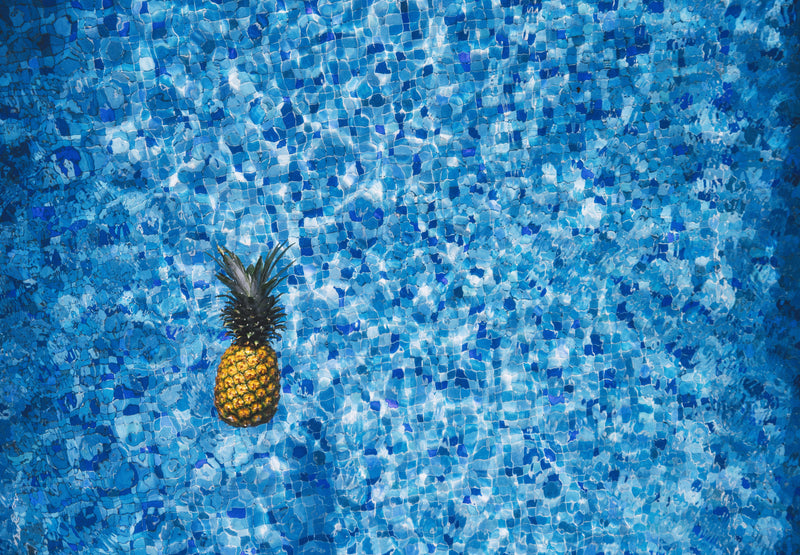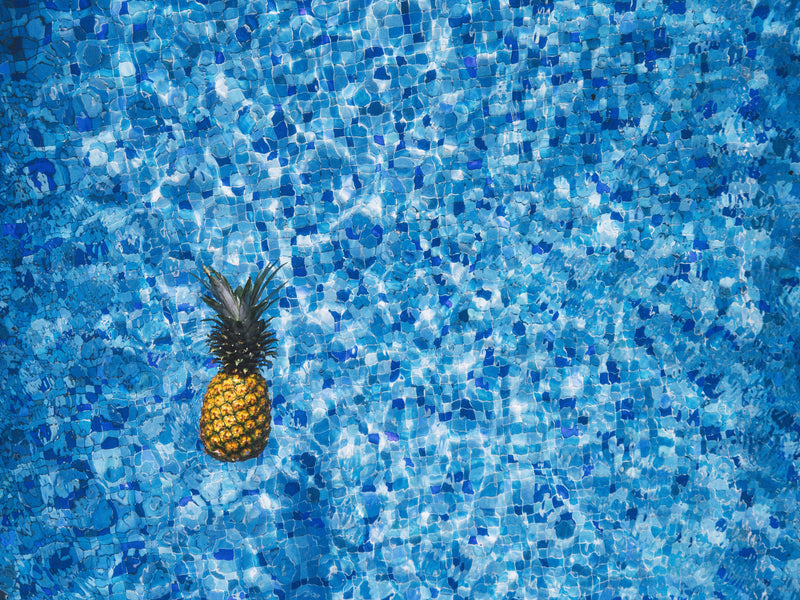We all know what it's like to have a case of the post-workout munchies.
And a lot of people will tell you that swimming is the one sport that always leaves you absolutely famished.
But is there any truth in it?
We've looked into three of the most common theories behind 'Swimmer's Starvation' – and whether there's any real science to back them up.
Let's start with an easy one:
'Swimming burns more calories'
On the surface, this one looks logical.
We eat food for its calories, and we use those calories as energy when we exercise.
So if swimming burns more calories than other sports, we should feel more hungry after a swim than we do after other types of exercise.
But the truth is that swimming doesn't really burn more calories than other sports.
A study from Harvard Medical School measured the calories we burn during 30 minutes of different types of activity. And while swimming was far from the bottom of the list, there were plenty of other activities above it.
Fast running and cycling burned more calories than even the most intensive types of swimming (like doing constant laps or using the butterfly stroke).
And if you're only swimming casually, you could burn more calories by playing tennis or football – or even a fast walk!
So if you find yourself more hungry after a swim than you do after a run or a bike ride, it's probably nothing to do with how fast you're burning calories.
'People spend more time swimming'
You might have noticed that you rarely get hungry while you're working out – no matter what kind of sport or exercise you do.
This is a normal mechanism we've evolved with – which for some reason is given the terrifying name of 'exercise-induced anorexia'.
So what's this got to do with swimming? The theory goes like this:
People usually spend more time in the pool than they do with other types of exercise. (It's easy to spend a couple of hours swimming, but most people don't spend two hours running.)
That means they spend more time in a state of 'anorexia' – a state where their body is stopping them from getting hungry.
And when they finally stop exercising and return to normal, all of that delayed hunger catches up with them, and they're suddenly starving.
That seems to make sense. But a study from the University of Leeds found that the exercise sessions they tracked had no effect on the amount of food consumed – it only added to the delay before people started eating again.
'Cold water makes you more hungry'
At first glance, this one sounds like the sort of thing that was made up on a playground.
But when you think about it, this is actually the biggest point of difference between swimming and other sports.
Every sport burns calories, raises your heart rate, and uses a bunch of different muscles. But swimming is one of the few sports where you're in a completely different environment.
You're constantly surrounded by water – and that water is usually ten or twenty degrees colder than your body.
And as it turns out, this theory actually has some solid data to back it up:
A study from the University of Florida measured the activity of people riding bikes underwater. (Crazy, right?)
They then secretly tracked how much those cyclists ate when they were given free access to a room full of food.
And the results?
The people who exercised in cold water ate an average of 44% more calories than the people who exercised in warm water.
In real terms, the cold-water group consumed 817 calories, while the warm-water group ate just 608 calories.
So if you're wondering why your swims always end in a post-workout binge, it's probably nothing to do with the amount you swim or the energy you've burned:
It might just be as simple as the temperature of the pool. To help your own swimming exercise routine be sure to check out our swimming goggles, kickboard and pullbuoy products.

